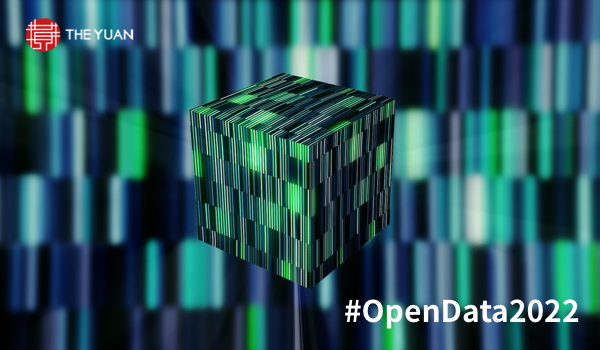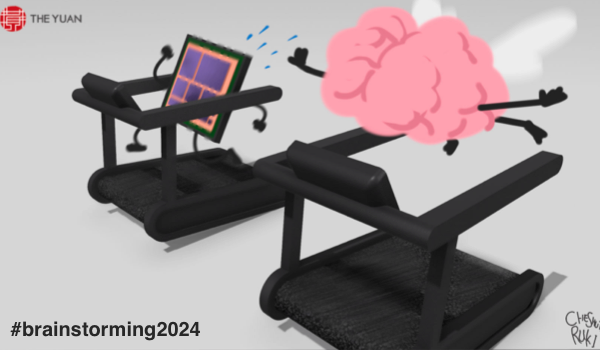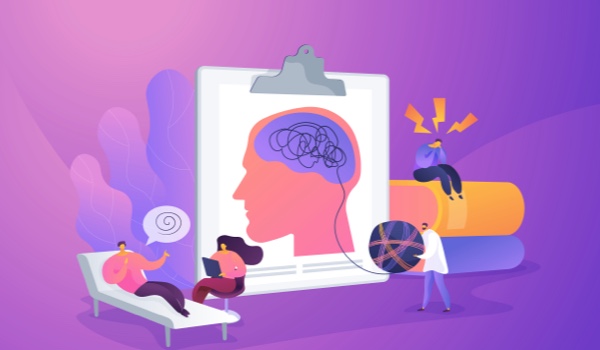


HAARLEM, NETHERLANDS - When thinking about the ultimate purpose of artificial intelligence (AI) - and why it needs good governance - one should look to AI in medicine, the primary goal of which is the equitable elevation of regional and global health systems. Innovation, meanwhile, augments and elevates the existing body of knowledge on smarter clinical decision-making and cost management.
Superior choices and decision-making lead to better health outcomes and lower costs, while the scalability of augmented AI elevates various clinical indications, health ecosystems, nations, and individuals. This is what people mean when they refer to the reputable, equitable implementation of forward-thinking health ecosystems.
With the growth of all this new knowledge and applications in medical AI - which ideally is supposed to serve clinicians and patients - regulations are clearly necessary to prevent a Wild West usage of the final frontiers of AI in the medical lands. However, this alone is not enough to answer a critical question: Do additional regulations lead to smarter decision-making in health, AI, and their economics and policies?
Mirroring AI, governance
Neil deGrasse Tyson, a famous North American educator and renowned astrophysicist, said the way of discovery and innovation can be compared to education and teachings on topics that are new and difficult to master - which certainly describes applied AI.
Tyson argues the best way of learning and discovering how complex matters interact is by doing. He also argues that parental or teacher figures are more likely to succeed in their tasks when pupils or learners are allowed to collide with their environment.
The resonance, mirroring, or feedback gleaned from this process provides the greatest insights into how to govern correctly and learn the capabilities, benefits
The content herein is subject to copyright by The Yuan. All rights reserved. The content of the services is owned or licensed to The Yuan. Such content from The Yuan may be shared and reprinted but must clearly identify The Yuan as its original source. Content from a third-party copyright holder identified in the copyright notice contained in such third party’s content appearing in The Yuan must likewise be clearly labeled as such. Continue with Linkedin
Continue with Linkedin
 Continue with Google
Continue with Google










 901 views
901 views







